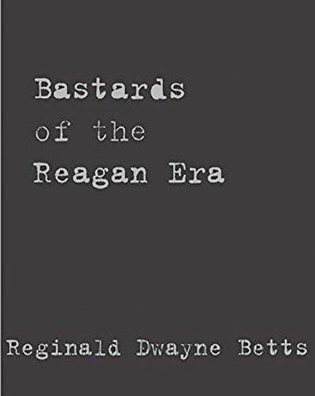 loading
loading
Reviews: May/June 2016 View full imageBastards of the Reagan Era Anna Reisman ’86, an associate professor of medicine at Yale, directs the Program for Humanities in Medicine. Images from history and literature pervade the tight, powerful language, linking these anguished pieces about young black men to a world that has ignored them. In the first section of the long titular poem, Betts writes:
In these few lines, you sense the autobiographical rhythm of Wordsworth’s Prelude and hear echoes of Wilfred Owen’s Dulce et Decorum Est. Earlier in the section there’s a hat tip to Joyce (“Snow piles upon the dead”), in the fifth section a glance at Homer (“wine-dark asphalt”), and in the eighth a nod to Langston Hughes (“They have known cells like rivers”). As for the headings of the nine sections of the poem—which include “Countdown to Armageddon,” “Prophets of Rage,” and “To the Edge of Panic”—they are song titles from Public Enemy. Throughout, Betts hammers on the comparisons between prison and slavery, each “a narrative / That ends with cuffs around all wrists, again.” He poignantly captures what’s become “a fucked up normal,” with “brown and / Black men returning to prison as if it’s / The heaven God ejected them from.” Or, as he puts it in one of the poems called “For the City that Nearly Broke Me”: “prison / is nothing more / than a long way home.”
The comment period has expired.
|
|